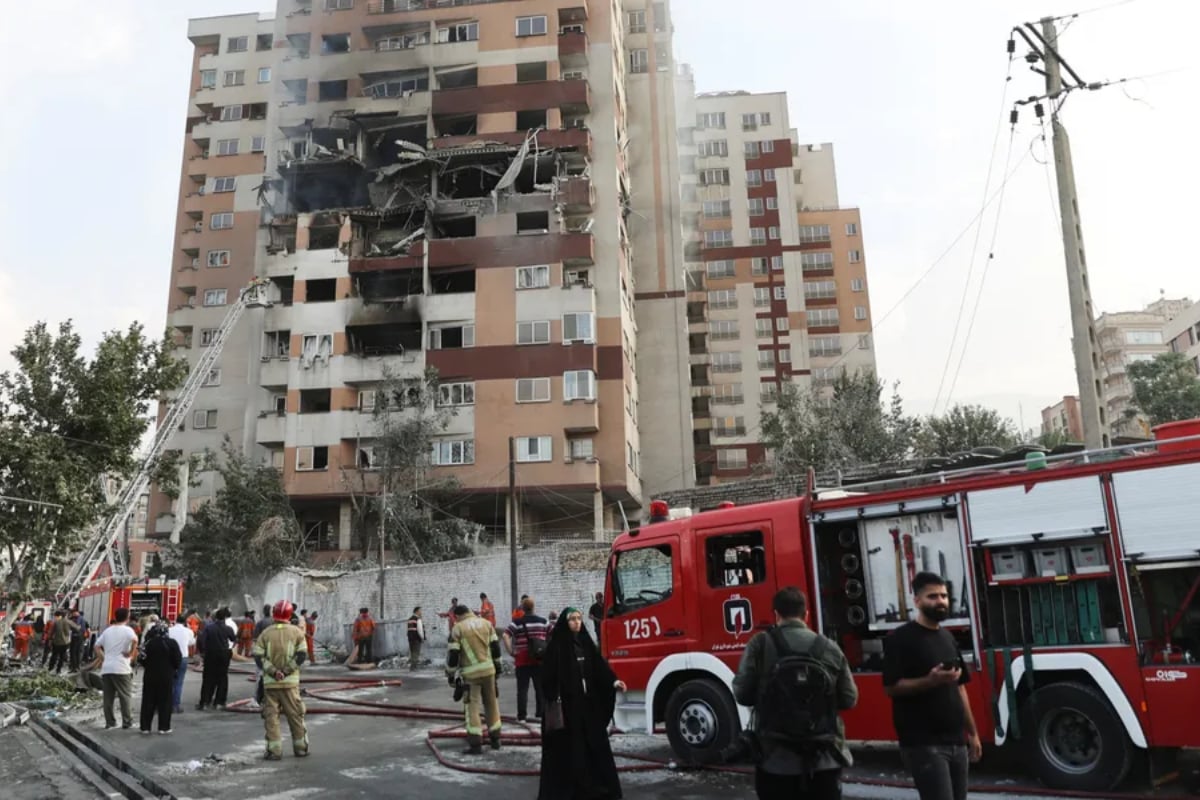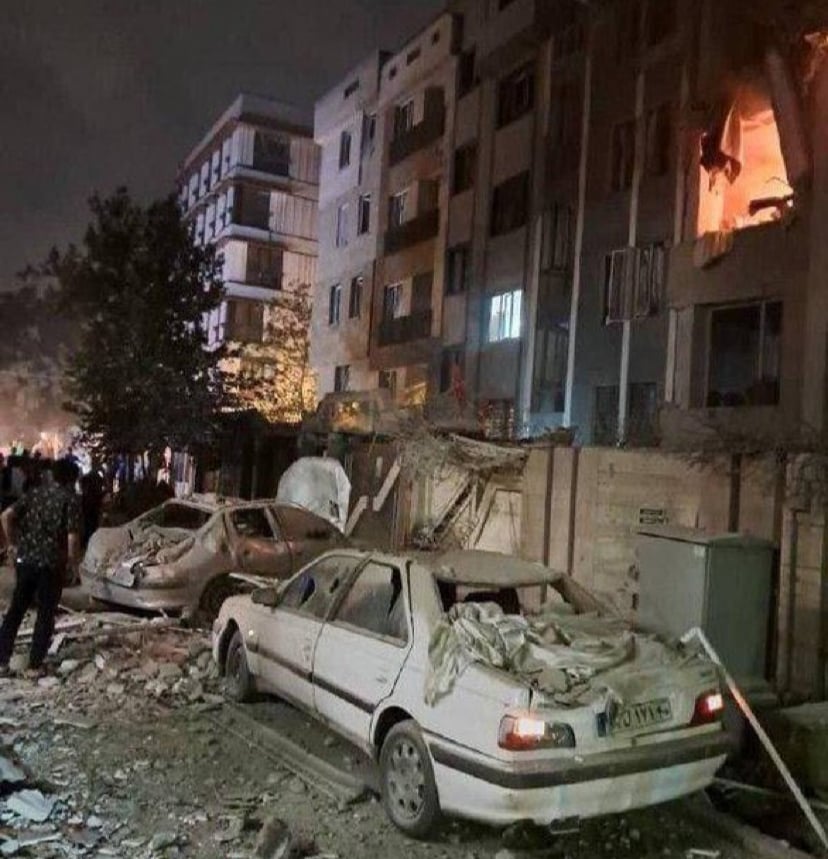Israel Conducts Military Strikes in Iran Amid Escalating Tensions

Israel launched extensive airstrikes on Iran's capital early Friday, targeting the country's nuclear and military installations, an act that significantly escalated tensions and raised the specter of a larger regional war. An Israeli military official confirmed the Israeli Air Force targeted Iranian nuclear and military sites, including the main enrichment facility at Natanz and the ballistic missile production infrastructure. The operation, codenamed “Operation Rising Lion”, was decided by Prime Minister Benjamin Netanyahu and other top officials on Monday, with Israeli officials indicating the conflict could extend for up to two weeks. Netanyahu defended the operation, stating it aimed to eliminate an existential and immediate threat from the “Iranian dictatorship” and prevent Iran from acquiring a nuclear weapon, a threat he deemed intolerable.
The attacks resulted in significant casualties and damage. Iranian state television confirmed the death of Major General Hossein Salami, head of the paramilitary Revolutionary Guard, along with Major General Gholam Ali Rashid, Khatam al-Anbiya Headquarters Commander, and prominent nuclear scientists Fereydoon Abbasi and Mohammad Mehdi Tehranchi. Multiple explosions were heard across Tehran, and black smoke was seen rising over Natanz. Israeli strikes reportedly hit the Revolutionary Guard's headquarters, setting it ablaze, and a residential area, causing civilian deaths including children. Flight tracking websites showed dozens of commercial airliners in Iranian airspace during the strikes, with some abruptly altering course.
In response to the Israeli strikes, Iran immediately declared a state of high alert, closing its airspace and suspending flights at Imam Khomeini International Airport. Iranian state-run IRNA news agency quoted an anonymous official vowing a “decisive” response, and state television displayed a black band, suggesting public mourning. Supreme Leader Ayatollah Ali Khamenei condemned the strikes as a “heinous crime” and warned of severe consequences, while General Abolfazl Shekarchi, spokesperson for Iran’s Armed Forces, stated both Israel and the United States would “pay the price.” Iran announced that preparations for a major retaliatory strike were complete, leading Israel to close its own airspace and declare an emergency situation in anticipation of missile and drone attacks.
The strikes unfolded amidst heightened tensions over Iran's rapidly advancing nuclear program. On Thursday, the Board of Governors at the International Atomic Energy Agency (IAEA) censured Iran for the first time in 20 years for not cooperating with inspectors. In immediate retaliation, Iran announced plans to establish a third enrichment site and swap out centrifuges for more advanced models. Israel has consistently warned it would not permit Iran to build a nuclear weapon, a capability Tehran denies wanting but has repeatedly hinted at. Natanz has been a frequent target of previous cyberattacks (like Stuxnet) and sabotage campaigns, widely attributed to Israel.
International reactions were swift, with Australia and New Zealand condemning the escalation, expressing alarm and concern over the potential for further destabilization and a “potentially catastrophic” broader war in the Middle East due to the high risk of miscalculation. U.S. Secretary of State Marco Rubio clarified that the United States was “not involved” in the Israeli operation, emphasizing the protection of American forces in the region and warning Iran against targeting U.S. interests. However, U.S. Sen. Jack Reed characterized the strike as a “reckless escalation” that risks igniting regional violence and jeopardizing the stability of the Middle East and the safety of American personnel. Benchmark Brent crude oil prices spiked by over 8% following the news, reflecting global anxieties. The attack also cast serious doubt over the future of indirect nuclear talks between the United States and Iran, which were reportedly scheduled to begin.












